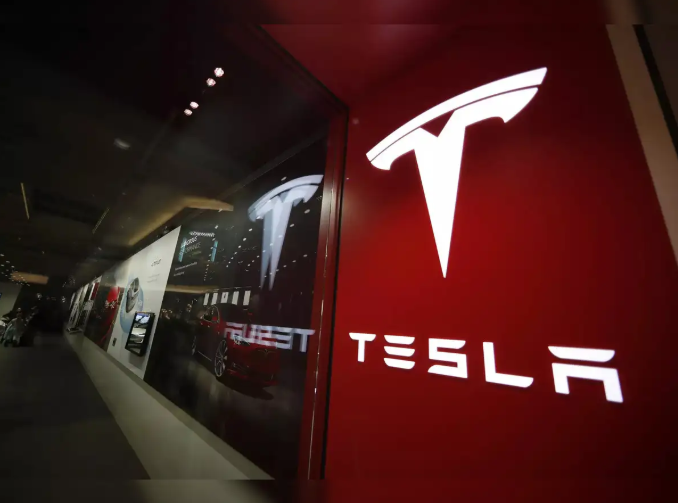How Tesla, Mastercard, and Lululemon Are Leading the Way in Innovation and Resilience
The Institute for Management Development (IMD) has identified Tesla, Lululemon, Mastercard, and Google as global frontrunners in readiness for the post-pandemic economy. These companies demonstrate adaptability and resilience amid frequent disruptions, according to IMD’s newly released Future Readiness Indicator.
The study assessed 86 high-performing companies across technology, automotive, financial services, and fashion industries. These firms, spanning nations like the United States, China, Japan, Germany, and Singapore, show how pre-pandemic strategic adjustments helped them outperform rivals.
Embracing Change and Innovation
IMD highlighted that the most future-ready corporations aggressively adopt trends, focus resources on emerging capabilities, and digitalise core operations. For sportswear brands, digitisation involves automating supply chains, while luxury brands leverage data analytics to better serve their clientele. AI applications dominate financial services, and electric vehicle makers like Tesla utilise real-time software updates to maintain competitive advantage.
Moreover, these companies share a unified vision, enabling rapid decision-making and resource allocation to capitalise on innovation. Payment firms, for instance, transitioned from traditional plastic cards to advanced AI-driven payment technologies, exemplifying their adaptability.
Collaboration and Cross-Industry Insights
A defining characteristic of future-ready companies is their ability to foster collaboration. By forming strategic alliances, even with competitors, they access expertise and technologies from diverse sectors. Automakers, for instance, partner with experts from gaming and programming fields to enhance software integration. Additionally, companies like Tesla adopt marketing techniques from luxury retail to position their high-end electric vehicles effectively.
Lessons from the Pandemic
The Covid-19 pandemic served as a litmus test for corporate agility. Firms that had invested in future-ready capabilities reaped rewards, while less adaptive organisations struggled. According to Professor Howard Yu, who leads the IMD study, insights from this period empower executives to better navigate disruptions such as the Omicron variant and emerge stronger.
ESG Strategies: Beyond Image
Environmental, social, and corporate governance (ESG) efforts were also linked to future readiness. However, IMD emphasised that ESG initiatives must align with core business strategies to have a meaningful impact. Companies committing resources to both innovation and sustainability tend to see greater success.
Top Performers and Lagging Contenders
Among the leaders in the fashion and retail space are Lululemon, Nike, and luxury giants Hermes, Burberry, and LVMH. In automotive, Tesla, Toyota, and BMW stood out. Mastercard, Visa, and PayPal were recognised in financial services, while Google, Microsoft, and AMD excelled in the tech sector.
Conversely, notable underperformers included Apple, IBM, and HSBC, suggesting room for improvement even among industry stalwarts.
IMD’s analysis underscores the importance of agility, innovation, and strategic foresight in thriving amidst rapid global changes. These insights provide a roadmap for businesses to not just weather disruptions but build long-term resilience.








